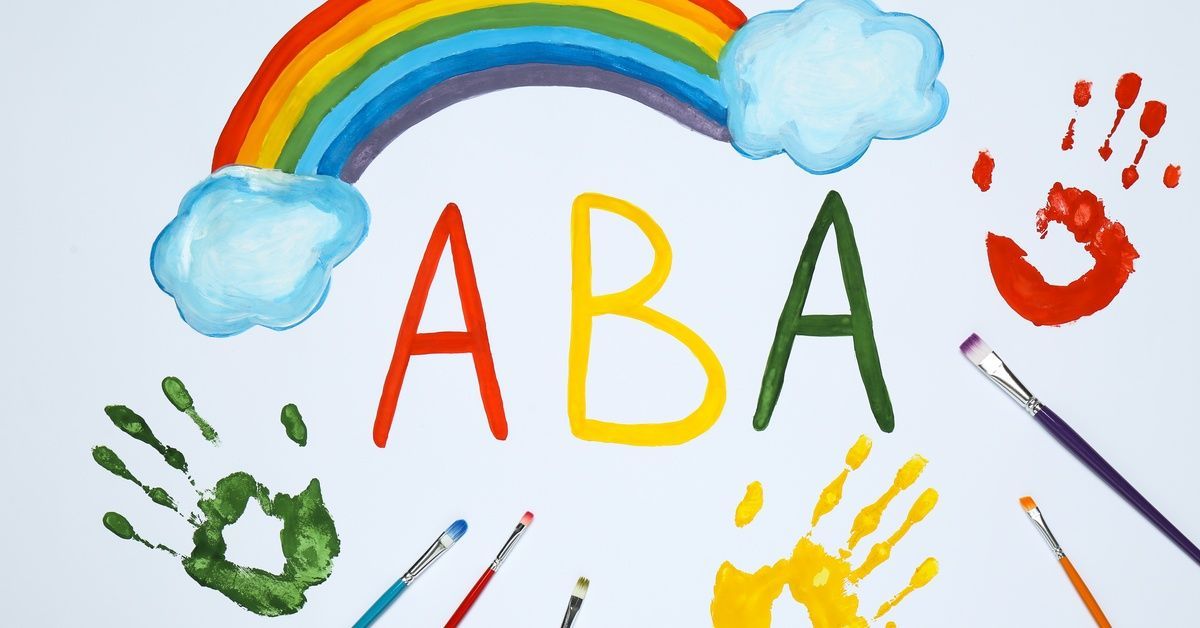The Importance of Rules & Routines for Children With Autism
You know it can be a unique parenting experience if you’re a parent of a child with autism. One of the most important aspects of raising a child with autism is establishing a structured environment. This environment usually involves creating rules, routines, and schedules to help your child navigate daily life.
Keep reading to understand why rules and routines are essential for children with autism to best support your child.
Predictability and Stability
Children with autism thrive in predictable and stable environments. Establishing rules and routines at home can provide this kind of stability. Routine can help your child’s day go smoother and reduce anxiety because they know what to expect. You can use visual aids to help them participate in the schedule-setting process. Doing so helps them be aware of what’s going on that day. In addition, clear rules can provide a sense of predictability that can help your child feel safe in their environment.
Improving Social Skills
Children with autism may struggle with social skills such as communication, eye contact, and body language. By participating in structured activities, children with autism can gradually build their understanding of these social cues and norms. Over time, this gradual understanding can lead to enhanced interaction and improved social skills. For example, taking turns during playtime can help your child practice social skills such as sharing and cooperation.
Encouraging Independence
Creating routines and rules can also encourage independence. For instance, your child can learn to dress themselves, brush their teeth, and prepare for the day independently when you establish a morning routine for them. Having a routine to follow can build their confidence and self-esteem.
Helping With Transitions
Children with autism may have a difficult time with transitions. Moving from one activity to another, changing environments, or transitioning between tasks can be challenging. Creating a routine that includes transitions can make them more predictable and easier to manage. For example, your child may be more accepting of the transition if they know that lunchtime follows a specific morning activity.
Establishing rules and routines for children with autism is essential to creating a structured and consistent environment. A structured environment provides stability and helps improve their social skills, encourages independence, helps with behavior, and supports transitions. It’s important to remember that each child is unique, and the best rules and routines will vary.
At HANDS, our team ensures you and your child receive quality support. Gain the best advice and suggestions by attending our ABA therapy training for parents. You will learn the various ABA therapy techniques and how to implement them at home. Start your journey today and contact us for more information.






